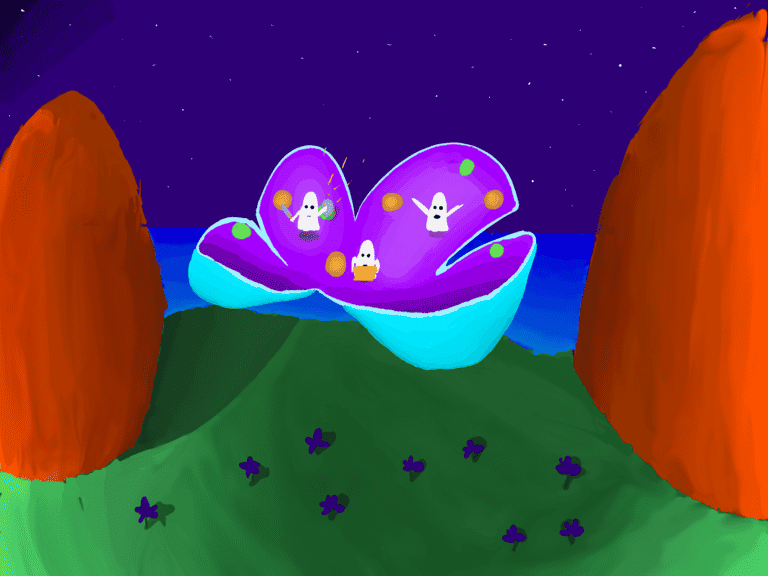Introduction
The Institute for Plural Philosophy (IfPP) is the first institute oriented towards the philosophical study of plural people's experience of the mind, subjectivity and the world, that is also lead by plural philosophers. In its self-conception, it is a plural academy in the tradition of Plato. [A longer list of topics will be provided below.]
At the IfPP, we want to explore plural subjectivity from various theoretical and practical perspectives, ultimately for them to learn from each other. This is because there are many practical approaches that are not sufficently understood, and many theories not sufficently tested. Also we want to understand our own, and other traditions better, to be able to see the origin of bad ideas persisting, as well as interesting ideas, that were supressed about this topic centuries ago, and can still be excavated from the remains of intellectual history, and understood from the other traditions alive.
For this, we welcome contributions stemming from or about various traditions of thought (western, eastern, indigenous or others), or new and independent reconceptions of plurality. If you/s think your ideas can contribute, to the better understanding of plurality, or to better connection of such understandings to practical life, write an E-Mail to the current owner of the private discussion server (currently, for monetary reasons, on Discord), the Sva System, at "hypatia.sva" AT "posteo.eu" (no link here to avoid spam scraper bots), with a small description of what you want to do, or a sample of your work.
We welcome plural researchers especially, but only if their contribution is based on an interest to understand, not to judge (no syscourse manifesta, or other kinds of discussions about "validity"). Singletts are allowed to participate in the discussion, if they have educated themselves about plurality or are willing to learn about it from the discussion, again without any intent of statements about "validity" or the truth of experience. (This does not exclude questions for evidence in the sense of surveys, asking for examples of general terms, asking for evidence for social phenomena etc., that are focused on understanding rather than judgement, or more interesting works on moral philosophy; the rule is simply in place to prevent syscourse spam.) For these topics, see below on this page the resources by Crisses, among others.
formalia
The languages of the institute are German and English. Papers can be published in either language with a summary in both to explain their purpose. The posts will be marked [EN] or [DE] to demark the used language. Other languages may be used but then need a more descriptive abstract at least in English or German and a title in the language written in.
The current research director and owner of the private server is the Sva system, with their speaker Hypatia of Sva; she had the initial idea to create this server.
The institute was founded during the 5th PPWC in the year 2023, and is unaffiliated with the conference
Written by Hypatia of Sva with advice by The Crisses
DISCLAIMER: The IfPP is a private, independent institute, that is not aligned with any government, university, company, NGO or other organization. We do not claim any official authority by calling it an institute, the name is given to describe the activity (academic inquiry), not an alignment with social groups or to assume legal priviledges that we don't have
If you want to contact the institute, or become part of it after a description of what you want to contribute or discuss, send an E-Mail to the Sva system at: hypatia.sva AT posteo.eu (no link here to avoid spam scraper bots)



